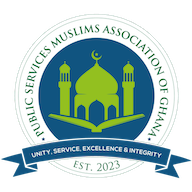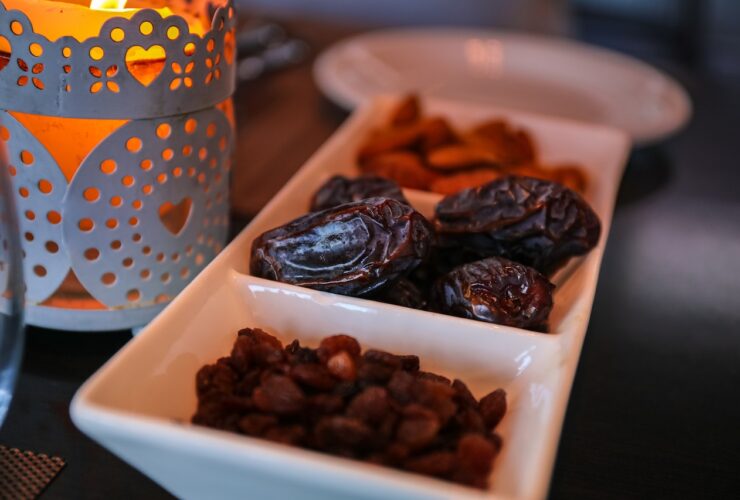Ramadan, the ninth month of the Islamic calendar, is a time of spiritual reflection, self-discipline, and increased worship for Muslims around the world. Ramadan is one of the most significant and anticipated months in the Islamic calendar. It is a time for Muslims to come together in solidarity and engage in spiritual reflection, self-discipline, and charitable acts. The month is dedicated to fasting from sunrise to sunset and engaging in acts of worship and devotion to Allah.
The Qur’an has much to say about the importance of Ramadan and the act of fasting. In Surah Al-Baqarah verse 183, Allah says: “O you who have believed, decreed upon you is fasting as it was decreed upon those before you, that you may become righteous”. This verse highlights the importance of fasting as a means of attaining righteousness and drawing closer to Allah.
Ramadan is a time for purifying the soul and reconnecting with Allah. Muslims use this time to focus on their relationship with Allah, to increase their devotion, and to seek forgiveness for any wrongdoings. Fasting is seen as a means of spiritual purification and is considered one of the five pillars of Islam.
The Holy Prophet Muhammad (peace be upon him) said in an authentic hadith that “Fasting is a shield, so the person observing fast should avoid sexual relation with his wife and should not behave foolishly and impudently, and if somebody fights with him or abuses him, he should tell him twice, ‘I am fasting.'” (Bukhari, Sahih Al-Bukhari, Volume 3, Book 31, Number 128).
In another narration, the Holy Prophet (peace be upon him) said, “Fasting is not just abstaining from food and drink, but also from vain and obscene speech.” (Bukhari, Sahih Al-Bukhari, Volume 3, Book 31, Number 120)
The act of fasting involves abstaining from food, drink, and other physical desires from dawn until sunset. This is a form of self-discipline and a means of practicing patience and perseverance. The fast is broken at sunset with a meal known as “iftar” and it is customary for families to gather for this meal, to break bread together and to share in each other’s company.
In addition to fasting, Ramadan is a time for increased worship and devotion. Muslims engage in special prayers, known as Tarawih, during the evenings and spend more time reading and studying the Qur’an. The month is also a time for increased charity, as Muslims are encouraged to donate to those in need and to engage in acts of kindness and compassion.
Ramadan is a time for coming together as a community, to support and encourage each other, and to strengthen relationships. It is a time for reflection, self-improvement, and spiritual growth. For many Muslims, Ramadan is the highlight of their year, a time when they feel closest to Allah and to their fellow believers.
The famous poet Rumi writes: “Fasting is not about hunger, it’s about freeing yourself from the slavery of your desires”. This line captures the essence of Ramadan, as a time for purifying the soul and breaking free from the shackles of material desires.
Another famous Arabic poet, Al-Mutanabbi, writes: “Fasting is a shield, it will protect you from the fire of Hell”. This line highlights the protective and purifying nature of Ramadan and the act of fasting.
In addition to fasting, Ramadan is a time for increased worship and devotion. Muslims engage in special prayers, known as Tarawih, during the evenings and spend more time reading and studying the Qur’an. In Surah Al-Kahf verse 9, Allah says: “And the Qur’an is a guidance for the righteous”. This verse highlights the importance of the Qur’an in guiding Muslims towards righteousness and spiritual growth.
Ramadan is also a time for increased charity and acts of kindness. In Surah Al-Baqarah verse 195, Allah says: “And spend in the way of Allah and do not throw [yourselves] with your [own] hands into destruction”. This verse highlights the importance of giving to others and engaging in acts of compassion, as a means of attaining Allah’s grace and avoiding destruction.
One of the most significant aspects of Ramadan is the sense of community it creates. Muslims gather together to break their fast, to attend mosque, and to participate in other activities. This sense of community is crucial for those who may be experiencing difficulties, as Ramadan provides a supportive and nurturing environment for growth and self-discovery.
Ramadan is a time for self-reflection and introspection. Muslims are encouraged to examine their lives and to seek out areas in which they can improve. This includes not only physical acts, but also thoughts and attitudes, as well as relationships with others.
Finally, Ramadan is a time of great significance and importance in the Islamic calendar. It is a time for fasting, increased worship, and charity, and provides a supportive environment for self-reflection and spiritual growth. Through the act of fasting and increased worship, Muslims can purify their souls and attain righteousness, guided by the wisdom of Qur’anic verses and the poetry of their faith.
Oh Allah, as we welcome the blessed month of Ramadan, guide us on the path of righteousness and help us to fast with sincerity and devotion. Fill our hearts with Your love and mercy, and help us to draw closer to You through acts of kindness, charity, and self-reflection. Ameen.



